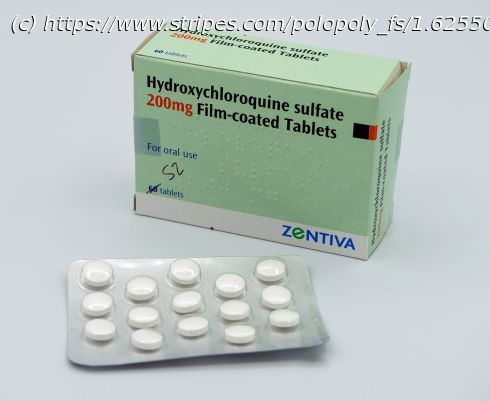“As we say in Tennessee, ‘That dog won’t hunt’ — it didn’t work,” said William Schaffner, professor of preventive medicine and infectious diseases at Vanderbilt University Medical Center. Schaffner, who was not involved in the trial, praised it as “rigorously done.”
Stars and Stripes is making stories on the coronavirus pandemic available free of charge. See other free reports here. Sign up for our daily coronavirus newsletter here. Please support our journalism with a subscription.
Hydroxychloroquine did not prevent healthy people exposed to COVID-19 from getting the disease caused by the coronavirus, according to a study being published Wednesday in the New England Journal of Medicine.
The study is the first randomized clinical trial that tested the antimalarial drug, touted by President Donald Trump, as a preventive measure. It showed that hydroxychloroquine was no more effective than a placebo — in this case, a vitamin — in protecting people exposed to COVID-19.
“As we say in Tennessee, ‘That dog won’t hunt’ — it didn’t work,” said William Schaffner, professor of preventive medicine and infectious diseases at Vanderbilt University Medical Center. Schaffner, who was not involved in the trial, praised it as “rigorously done.”
The results were the latest development on a highly charged medical and political issue — the efficacy of hydroxychloroquine in combating COVID-19. Trump has repeatedly touted the drug as a “game changer” for COVID-19, and recently said he took it for several days. But federal regulators have said it should be used only for hospitalized patients or in clinical trials because of possible side effects, including serious heart-rhythm issues.
Researchers at the University of Minnesota Medical School launched the trial in mid-March. They enrolled more than 800 adults in the United States and Canada who were exposed to someone with COVID-19 because of their jobs as health care workers or first responders, or because they lived with someone with the disease.
Home
United States
USA — Science Hydroxychloroquine failed to prevent healthy people from getting COVID-19 in trial






